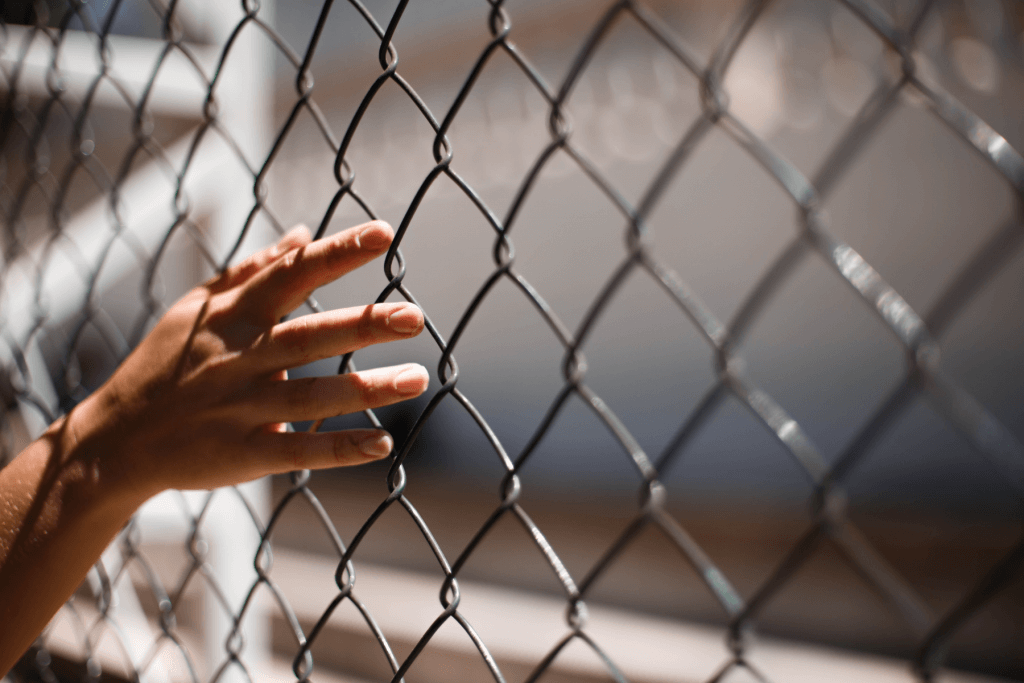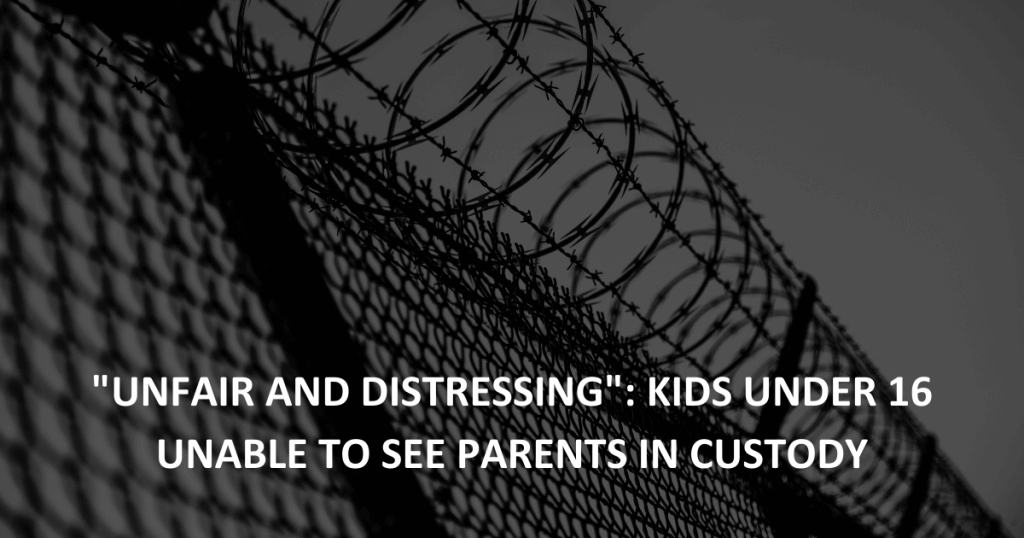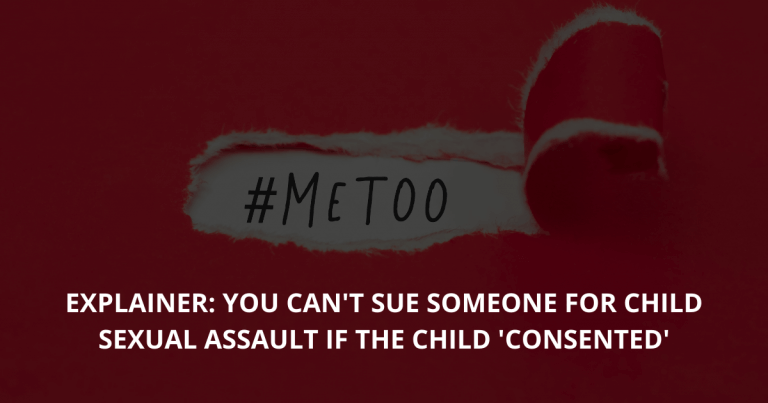Children under 16 have been prevented from visiting their parents in custody in person under the current Corrective Services rules.
In-person visits temporarily resumed in November last year. However, Corrective Services then put them on hold again the day before Christmas.
At the start of the month, NSW Corrective Services announced that in-person visits would resume on 5 March.
However, under phase-1, children under 16 will have to stick to virtual visits.
Illogical: Phase-1 doesn’t add up
Corrective Services will implement a range of measures to ensure the safety of inmates from COVID-19.
Visitors must:
- be up-to-date with COVID vaccinations (including booster shot);
- submit to a Rapid Antigen Test (RAT) upon arrival;
- wear surgical masks and wash hands before and after visit; and
- only visit inmates who are fully vaccinated.
Even with the rules above, only those over the age of 16 can attend in-person visits.
Prisoner Advocate Renee McNab has urged Correctives to reconsider the measures, given the comparable measures across the State.
“If two children under 12 years are permitted to visit places like nursing homes and hospitals – which are also high risk – I don’t see why children can’t visit their mum or dad in jail,” Ms McNab stated.
“There is no clear indication of when phase 2 will be implemented.”
“The communication has once again been poor and has misled families who are desperate to take their kids to see their mum or dad.”
Parents in custody: Kids unfairly punished with lasting consequences
 In many instances, visits between parents in prison and their children has been shown to support the parent–child relationship (Beckmeyer & Arditti, 2014). In some circumstances it allows the relationship to rebuild (Tasca, 2018).
In many instances, visits between parents in prison and their children has been shown to support the parent–child relationship (Beckmeyer & Arditti, 2014). In some circumstances it allows the relationship to rebuild (Tasca, 2018).
Visiting can help parents to retain a connection to their identity as a parent (Hutton, 2016). It can also enable better engagement with their children after release (e.g. see Visher, 2013).
This is especially important for Indigenous families to continue to foster connection to culture.
According to a recent Australian study during COVID-19, more than one-third of families indicated that the non-contact visiting options, like video visits, did not suit children’s developmental needs. This is especially so for younger children (Flynn et al, 2021). Some specifically noted that their children did not want to engage in such visits.
Ms Mcnab noted the unfair consequences on children.
“The current visitation rules on children under 16 is unfair and causing further distress and anxiety to families,” McNab stated.
“Kids who just want to see their mum or dad have already spent a significant amount of time not being able to visit. Now visits are returning to most prisons in New South Wales they are still being punished and unable to visit their loved ones.”
“It’s so hard”: Parents explain impact on children
Parents not in prison have explained the detriment the children experiences first-hand.
“Our son was 8-9 weeks old when he was put in, he’s turning 2 in 2 weeks. He’s gone his little life without his favourite person. ” Tracy Smith* stated.
“We’ve had to rely on [audio-visual links] to maintain there relationship. It’s so hard – I understand they’re wanting to keep the inmates safe, but honestly COVID or allowing face to face visits won’t be what kills them, it will be keeping those inmates from their family members.”
Mary Anderson*, a NSW teacher, outlines the impact she sees first hand.
“As a teacher I see the devastating impact incarnation has on student learning, social and emotional well-being. This has been compounded by the ongoing COVID restrictions: no in-person visits and, more often than not, cancelled video visits,” Ms Anderson stated.
“Children need stability and consistency. They are grappling with COVID and the changes at school and on top of that no contact with a parent in prison. Behavioural changes, application to learning and peer relationships are all impacted to the detriment of the most vulnerable students in schools.”
Another mother expressed her concerns about lasting impacts on the children.
“The bond between a parent and child should never be broken the way Corrective Services has broken them. It’s not only punishing the inmate but it’s also having mental and physical strain on the child/ren which leads to life long anxiety and PTSD.”
Utilising a range of measures to benefit children
The 2021 study noted that in some instances, video visits were beneficial to children. The study outlined that parents were able to participate in normal activities with the child like bedtime stories and homework. Further, it increased the number of visits for those children living a great distance from the prison.
Flynn expressed support for the use of video visiting in conjunction to in-person visits.
Flynn noted that videos also raises a number of policy and practical implications.
“If videos are to live up to their potential, a range of actions are required. These include:
- a commitment from prison services to face-to-face visits as the main form of contact, where possible;
- specific attention to prioritizing video visits for families who live considerable distances from the prison where their family member lives;
- tailoring video visits to children’s needs, including the specific needs of children with disabilities;
- ensuring visits are of significant length to facilitate meaningful interaction; and
- consideration of skill building for both adults and children to ensure effective video visits with children.”
*Names changed for confidentiality.






